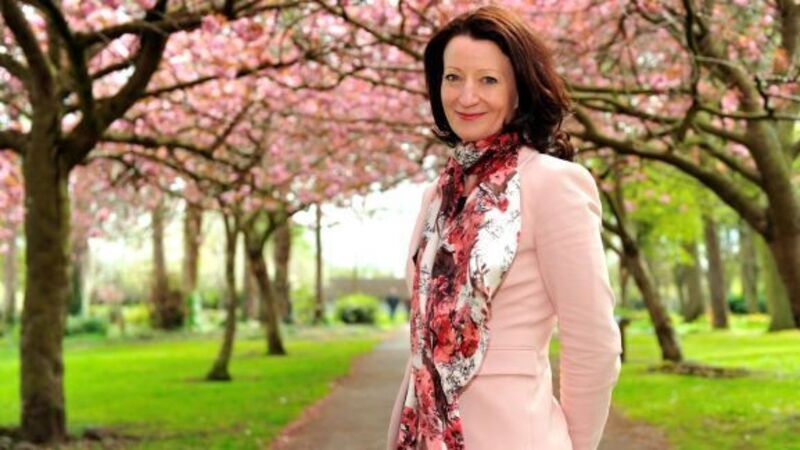The women of RTÉ are brought to book

There was also surprise. Nobody knew the girl in the newsroom was writing. And, it turns out, Kathleen wasn’t the only one with literary ambitions. Since This is How it Ends, came out last year, four other women working for our national broadcasting station have secured substantial deals.
There’s the Morning Ireland presenter, Rachael English; her debut, Going Back, published by Orion, came out recently. Then there’s Sinead Crowley, the Arts and Media Correspondent. She has a deal with Quercus, for, Can Anyone Out There Help Me? Concerning families, but with a thriller element, the book will appear in July next year.











